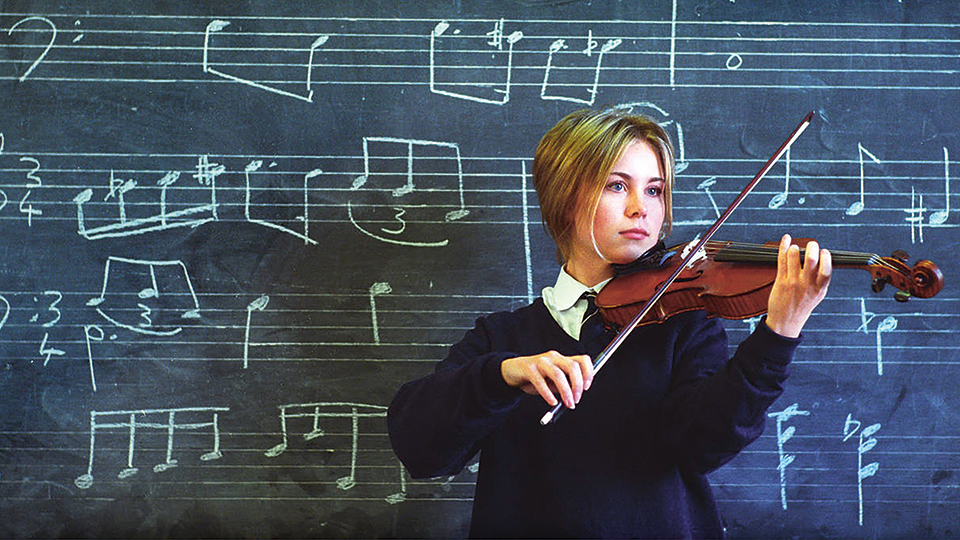As students up and down the country received their exam grades and planned their futures, another set of results was announced. The Joint Council for Qualifications (JCQ) has published figures that show a further decline (10 per cent) in the uptake of creative subjects at GCSE, including music, over the past year. In addition, over the last 12 months, the uptake of creative subjects at GCSE has fallen by over 10 per cent. The fall is believed to be linked to the introduction of the English Baccalaureate, a government-designed performance measure that excludes subjects such as music, drama and art from counting in crucial school league tables in favour of perceived ‘academic’ pursuits, like maths and English.
At the same time, the Association of School and College Leaders released its survey results that reveal that 69 per cent of state-sector leaders believe they have been forced to cut back on lesson time, staff and facilities in A-level subjects. The survey of 420 respondents cited that music was the subject most affected by cuts, with 39 per cent of leaders concerned about diminishing resources. Twenty-eight respondents said their sixth form was considering closure, with many saying they have been unable to sustain student numbers with current funding levels. Perhaps it is no surprise to learn that since 2014, there has been a 25.4 per cent decline in music entries compared to a 2.6 per cent decline in A-level entries overall. In 2017, 42,507 pupils sat music GCSE, but this year the number fell to 39,358 – a decline of 7.4 per cent. Based on its current trajectory, the number of students selecting music for both GCSE and A-level looks set to decrease over the next few years. This is a real concern, given the important role the arts play in both our economy and society.
The fall is believed to be linked to the introduction of the English Baccalaureate, a government-designed performance measure
The start of a new academic year also ushers in the beginning of a handful of exciting operatic tours, when the summer’s productions uproot from the country houses and spill out into the provinces. Glyndebourne’s Tour 2018 calls in at Milton Keynes, Canterbury, Norwich and Woking this autumn (October 12 – December 1). This year’s perambulation includes Verdi’s classic La traviata and Cendrillon (Cinderella), Jules Massenet’s musical fairytale. The Glyndebourne tour celebrates its 50th anniversary year, and to mark the milestone, a gala concert of opera highlights will take place at London’s Queen Elizabeth Hall (December 4), featuring artists who have starred in tour performances throughout the past decades. All proceeds from the concert will be used to invest in the future of the Glyndebourne Tour.
Further north, Scottish Opera’s ambitious Opera Highlights tour takes high-quality operatic music to remote communities as far afield as the Outer Hebrides. This year’s series begins on September 20 in Giffnock before heading to Ayr, Drumnadrochit, Wick, Forres, Ullapool, Stornoway, Portree, Lanark, Helensburgh, Dundee, Inverurie, Laurencekirk, Perth, Dumfries, Musselburgh and St Andrews. The playlist includes hits by Mozart and Donizetti as well as new compositions by Scottish Opera composer-in-residence Samuel Bordoli.









